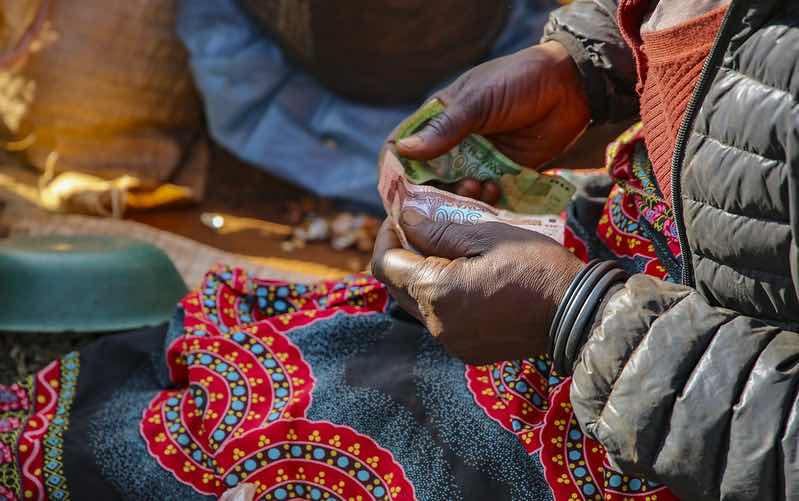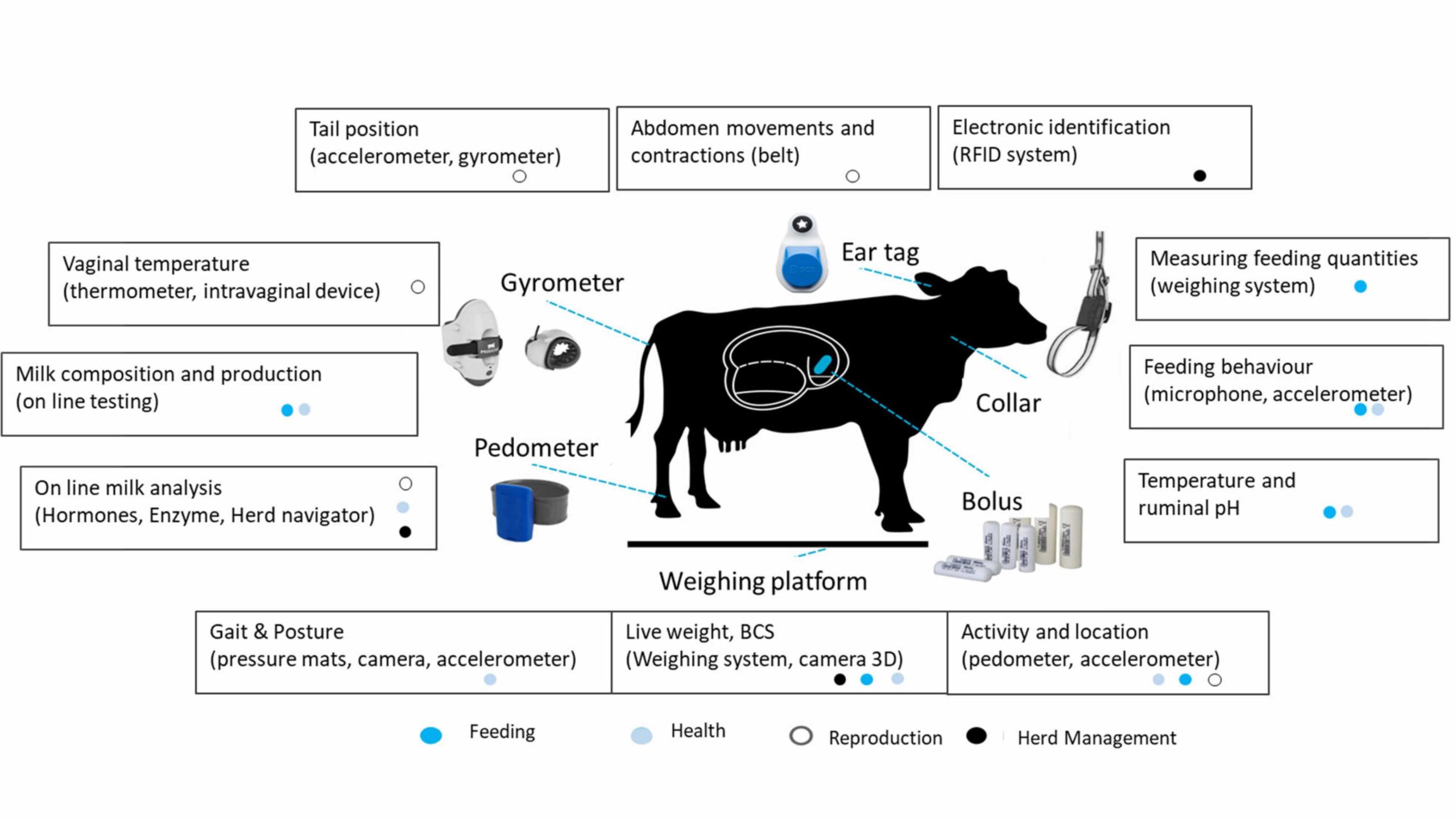Cash transfers are popular and effective tools to fight poverty, and a large body of research shows that they can also reduce violence against women—in particular, intimate partner violence (IPV). IFPRI researchers and collaborators have contributed substantial evidence to this literature, exploring whether and how cash transfers affect violence in diverse settings. In 2019, this group of researchers formed the multidisciplinary Cash Transfer & IPV Research Collaborative to address knowledge gaps and bridge research to policy. The Collaborative’s research has drawn significant global attention from both researchers and practitioners, as findings suggest a scalable approach to preventing violence against women around the world.
In 2021, the Collaborative put out a call for expressions of interest for small grants to address key research questions from a Joint Research Agenda—formulated in a 2020 workshop co-organized with Innovations for Poverty Action—on how cash transfer programming can catalyze IPV prevention:
- What is the role of design and operational features of cash transfers?
- What is the role of complementary programming?
- What are the mechanisms underlying impacts?
- How do impacts evolve over time, including post-intervention?
With an overwhelming response to the open call—after careful review and scoring—six studies were selected for funding, complementing ongoing studies led by the Collaborative to be completed by 2024. The diversity of new studies is exciting, as they draw on expertise from a range of researchers, across several countries, with mixed methodologies. Together, this body of evidence will contribute to a new wave of research—going beyond simply demonstrating if cash transfers reduce IPV—unpacking how practitioners can maximize impacts and whether impacts can be sustained. The six studies, along with two Collaborative-led studies, are summarized below with key research questions indicated for each:
This portfolio of studies is expected to deliver novel insights. For example, while prior research has studied whether adding complementary programming to cash transfers can change IPV impacts, the Mauritania and Ghana studies will be among the first to study the role of complementary programs that are explicitly designed to reduce IPV (through a couples-level and a community-level gender norms component in Mauritania, and through linkages to integrated social services in Ghana).
In addition, while some pathways through which cash transfers can affect IPV have been well-researched (including economic strengthening and women’s empowerment), the South Africa and Malawi studies will examine less-studied pathways related to programming that reaches adolescents or youth as they transition to adulthood. Finally, while many studies have shown reductions in IPV during the delivery of cash transfers, the Ecuador, Pakistan, Bangladesh, and South Africa case studies will focus either on what happens when transfers stop, or on the sustainability of impacts.
As many of these studies focus on large scale, national programming, they are likely to feed into advancing policy discussions with government and other stakeholders, in addition to contributing to the global evidence base. Congratulations to all the teams involved in this portfolio of research. The Collaborative looks forward to working with all stakeholders to promote evidence to more effectively leverage cash programming for violence prevention for women around the world.
Shalini Roy is a Senior Research Fellow with IFPRI’s Poverty, Health, and Nutrition Division (PHND); Amber Peterman is a Research Associate Professor in the Department of Public Policy at the University of North Carolina at Chapel Hill; Lucy Billings is a PHND Program Manager.
To learn more about the current research frontier, including these and other ongoing studies—check out the Joint Research Agenda and ‘Living’ Annex of ongoing studies and related outputs.
Visit the Cash Transfer and IPV Research Collaborative webpage to learn more about our work, and stay tuned for more updates as studies progress.







